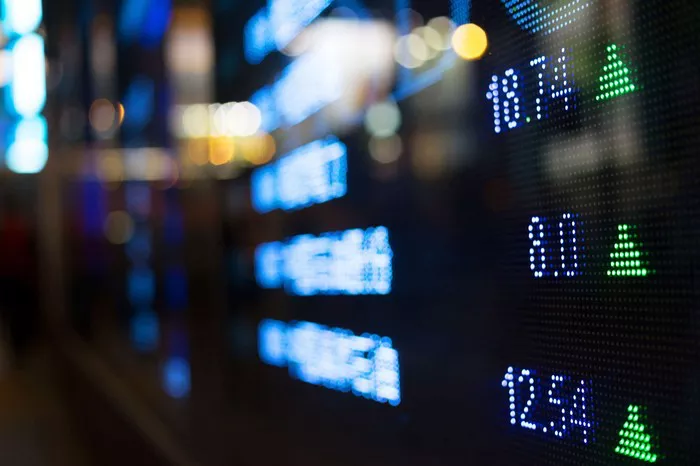The financial markets operate on a global scale, with various asset classes traded across different time zones. One crucial aspect of trading is understanding the trading hours of different instruments, including stock futures. Stock futures trading hours play a pivotal role in shaping market dynamics and offering investors the opportunity to capitalize on price movements.
Global Trading Hours
Stock futures trading hours vary depending on the exchange where they are listed. The global nature of financial markets means that trading takes place around the clock, as different markets open and close in succession. Major stock exchanges, such as the Chicago Mercantile Exchange (CME) in the United States and Eurex in Europe, offer extended trading hours to cater to participants in various time zones.
Pre-Market Trading
Pre-market trading is a period before the official opening of regular trading hours, during which investors can place orders for stock futures. This period allows traders to react to overnight news, earnings reports, and global events that may impact market sentiment. Pre-market trading typically starts several hours before the regular market session and provides valuable insights into potential price movements once the market officially opens.
Regular Trading Hours
Regular trading hours for stock futures are the core hours during which the majority of trading activity occurs. These hours are determined by the exchange and are typically aligned with the working hours of the country where the exchange is located. For example, in the United States, regular trading hours for stock futures on the CME generally coincide with the opening hours of the traditional stock market, starting around 9:30 AM and ending at 4:00 PM Eastern Time.
After-Hours Trading
After-hours trading, also known as extended trading hours or post-market trading, occurs after the regular trading session ends. During this time, investors can continue to trade stock futures, responding to late-breaking news, earnings releases, and events that occur after the regular trading hours. After-hours trading offers increased flexibility and the potential to capitalize on market-moving developments that arise outside regular trading hours.
Overlapping Sessions
One significant advantage of the global nature of financial markets is the overlapping trading sessions. This overlap occurs when different exchanges across the world are simultaneously open for trading. Overlapping sessions create periods of heightened activity and liquidity as traders from multiple time zones participate, enhancing the potential for price discovery and execution of orders.
Factors Influencing Trading Hours
1. Market Participants: Trading hours are influenced by the preferences and needs of various market participants, including individual investors, institutional traders, and international participants.
2. Liquidity: Liquidity, or the ease of buying and selling assets, is higher during peak trading hours when market participants are most active. Trading during high-liquidity periods can lead to better execution prices.
3. Economic Data Releases: Trading hours are often influenced by the release of economic data and important announcements. Traders often prefer to trade during periods when significant news is expected.
4. Time Zones: Trading hours are adapted to the time zones of the exchange’s location and the regions it serves. Exchanges aim to provide convenient trading hours for their target audience.
5. International Markets: Stock futures trading hours may be influenced by the opening and closing times of other international markets, ensuring seamless transitions between different trading sessions.
Conclusion
Understanding stock futures trading hours is vital for investors and traders seeking to capitalize on market opportunities. The global nature of financial markets ensures that trading occurs around the clock, with pre-market, regular trading, and after-hours sessions offering various opportunities for market participation. The overlapping of trading sessions enhances liquidity and provides traders with the chance to react to events unfolding across different time zones. As technology advances, enabling real-time access to markets, participants can make more informed decisions, optimize trading strategies, and effectively navigate the complex world of stock futures trading across different trading hours.


